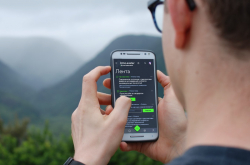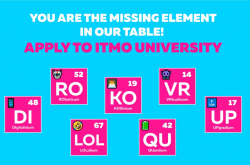1. Antwerp Summer School on Urban Logistics, University of Antwerp, Belgium
Dates: August 19-30, 2019
Application deadline: July 16, 2019
Tuition fee: €450 (without accommodation); there is an opportunity to receive a grant that will cover the registration fee
The main goal of this summer school is to train highly qualified specialists in urban planning and sustainable development. The school includes two stages: during the first week, you familiarize yourself with the world of urban logistics, and in the second week you solve a range of practical tasks.
You can learn more about the school and apply for participation on the school’s website. A detailed schedule is available here.
2. Enabling Technologies for Industrial Internet of Things, University of Pisa, Italy
Dates: July 15-20, 2019
Application deadline: June 15, 2019
Who can apply: Bachelor’s (last year) and Master’s students
Tuition fee: €500 (reduced fee of €250 for Bachelor’s, Master’s and PhD students)
This year’s summer school “Enabling Technologies for Industrial Internet of Things” is designed for students interested in such fields as electronics, electrodynamics, and information and communication technologies for the Internet of Things. The school offers theoretical and practical courses focusing on the latest advances in the fields of IoT, Industry 4.0, cyber-physical systems, robotics, and the like.
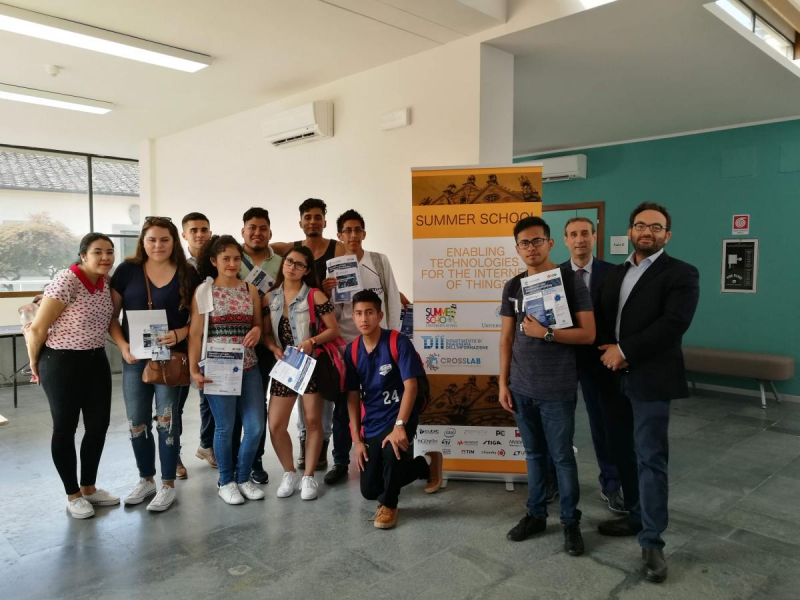
3. 8th International Summer School on Modern Methods in Infection Biology, University of Würzburg, Germany
Dates: September 23-27, 2019
Application deadline: July 5, 2019
Who can apply: Bachelor’s and Master’s students majoring in biology, biomedicine, chemistry, biochemistry, medicine, pharmacology, systems biology, and bioinformatics with a good command of English
Tuition fee: participation if free, but the participants are selected on a competitive basis
This summer, the University of Würzburg is ready to host up to 25 students interested in such fields as microbiology, parasitology, systems biology, and bioinformatics. Among the topics discussed will be the newest methods of microscopy and systems biology. The participants of the summer school will learn to work with models of infectious diseases, as well as solve various practical tasks and listen to lectures. Upon completion of the course, students receive a participation certificate and 3-5 ECTS credits.
4. Summer School on Green Genetics, Wageningen Academy, the Netherlands
Dates: August 26-30, 2019
Application deadline: June 16, 2019
Who can apply: students with basic knowledge of genetics, statistics, molecular biology, and plant physiology
Tuition fee: participation if free, but the participants are selected on a competitive basis
The flower industry is of great importance to the Dutch economy and is one of the key sectors for innovation. This industry encompasses horticulture, food production, and plant breeding (green genetics). Plant breeding focuses on the production of new varieties in crop plants with improved traits like taste, health-promoting ingredients, yield, resistance to diseases and stress conditions, etc. These varieties are the basis for sustainable production of healthy food, food ingredients, and non-food products worldwide.
The program of this summer school consists of lectures, visits to the WUR research facility, as well as practical tasks and networking. Participation in the summer school gives students an opportunity to master the basics of plant breeding, visit a range of research centers and the world’s leading plant breeding companies.
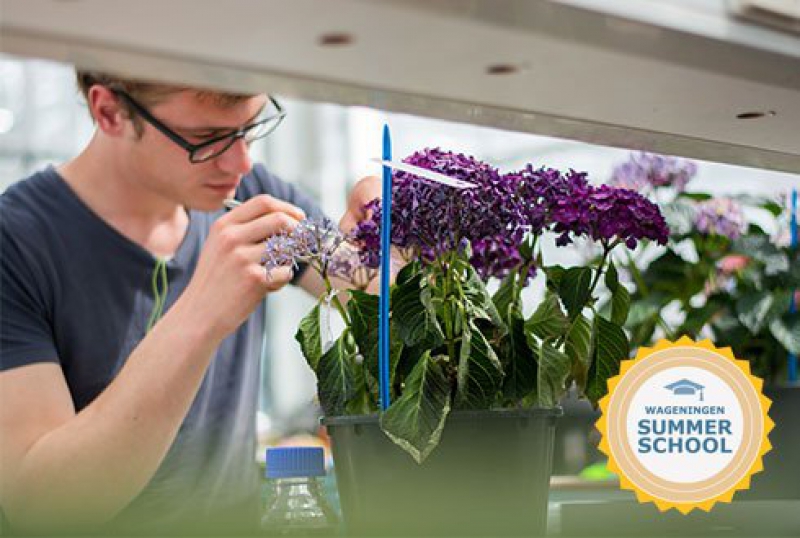
5. CuriousU Summer School, the University of Twente, the Netherlands
Dates: August 11-20, 2019
Application deadline: August 9, 2019
Tuition fee: €750 before June 10, 2019, and €850 after June 10, 2019
The organizers of the CuriousU Summer School held at the University of Twente offer its students 17 courses to choose from, ranging from blockchain technologies to smart cities (the full list of courses can be found here). CuriousU is a unique combination of an international summer school with a summer festival, all held at one of the most entrepreneurial universities in Europe. The program of the summer school includes theoretical courses, music, sports, a strong cultural and social program, and accommodation on the University campus. The detailed program of the school is available here.
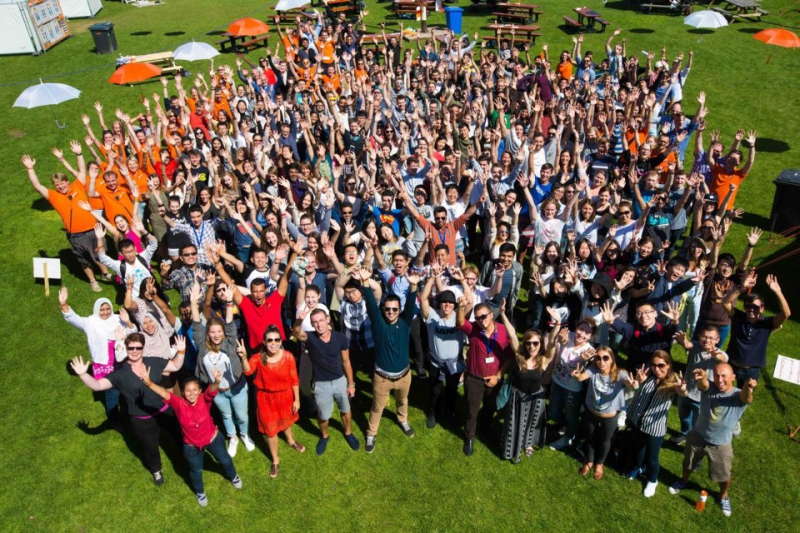
6. Tampere Summer School, University of Tampere, Finland
Dates: August 1-19, 2019
Application deadline: additional application round is from June 10 to June 17, 2019, the list of courses is available here
Who can apply: students
Tuition fee: €240-600 depending on the number of ECTS credits (accommodation is not included); learn more here
Tampere Summer School offers courses in a range of subject areas, such as “Knowledge Management and Arts Driven Innovation for Organizational Development”, “Cross-Cultural Marketing and Management”, “Popular Adult Education and the Struggle for Democracy”, “Families in Health and Social Care”, etc. Developed by the University of Tampere in collaboration with Tampere University of Applied Sciences, all the courses employ interdisciplinary and experimental approaches and are taught in English. Students are also invited to take part in the School’s social program.
7. Essex Analytics and Data Science Summer School, Institute for Analytics and Data Science, University of Essex, the UK
Dates: July 29-August 9, 2019
Application deadline: ASAP
Who can apply: students
Tuition fee: £450-1,200 depending on the duration of your stay, there are discounts for students
This is the 5th annual International Summer School in the field of data science at the University of Essex, which brings its participants two weeks of cutting-edge courses across the field of data science and analytics. You can learn more about the school on its website or send your questions at iadssum@essex.ac.uk.
8. CIID Summer School Copenhagen 2019, Chopenhamn, Denmark
Dates: July 8-9, 2019
Application deadline: ASAP
Tuition fee: 8,900 DKK (approximately €1,192), click here for more information
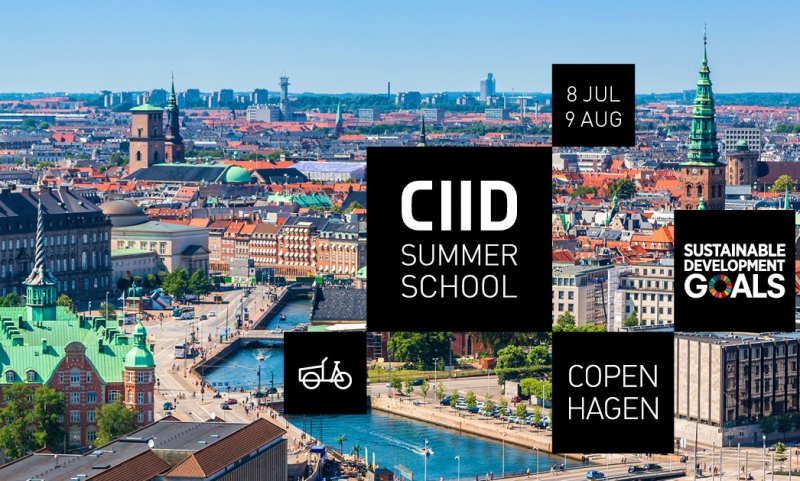
The main goal of this summer school is to help students acquire new skills in innovation and design. The program of the school is built in such a way as to allow each participant to choose their own educational trajectory. In total, this year’s program includes over 20 workshops on various subjects from machine learning technologies to programming and digital technologies in design (you can learn more about the workshops here). Each week-long workshop is a separate module and students can participate in one, two, three, four or five workshops. The workshops generally run from Monday to Friday (from 9am to 5pm).


